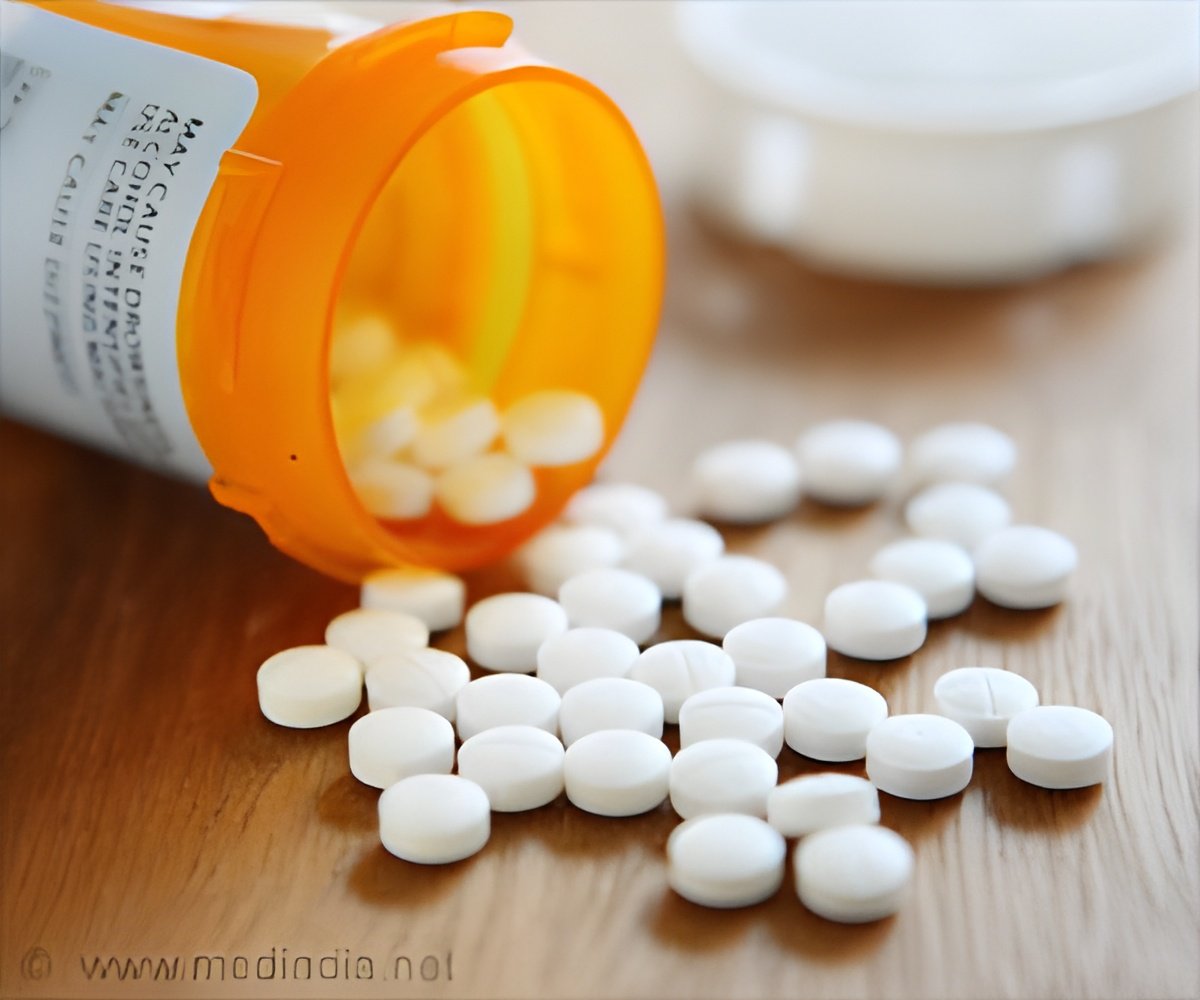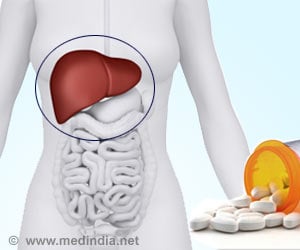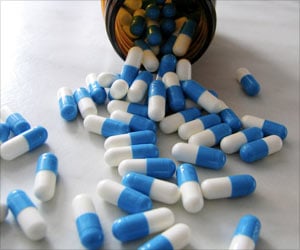Directly Acting Antiviral (DAA) drugs used to treat hepatitis C virus (HCV) infection can substantially increase the lifetime and reduce healthcare costs.

‘By entering into agreement with the pharmaceutical companies developing these drugs, the generic drug manufactures in India can produce versions of the drug costing around $300 for the entire treatment.’





"More than 9 million people are infected with HCV in India, and more than 70 million worldwide." said Jagpreet Chhatwal of the Institute for Technology Assessment at Massachusetts General Hospital (MGH), senior and corresponding author of the paper. "These persons are at risk of developing serious conditions such as cirrhosis and liver cancer, which can be fatal. However, only a fraction of them have been treated with these drugs so far." Chhatwal said.
First introduced in 2011, DAAs such as sofosbuvir (Sovaldi) and ledipasvir (which is combined with sofosbuvir in Harvoni) have proven to be remarkably successful in the battle against HCV infection, with cure rates exceeding 95 per cent.
In developed countries, treatment with DAAs is very expensive reaching nearly $65,000 in the US although it meets standards for cost effectiveness.
In those countries the advent of these drugs has drastically changed the landscape of HCV infection. But other countries have lagged behind in their use.
Advertisement
The research team including investigators from Sanjay Gandhi Postgraduate Institute of Medical Sciences in Lucknow, India, and the World Health Organization, used a mathematical model to compare the outcomes of DAA treatment with those of no DAA treatment based on profiles of 30 hypothetical patients with characteristics typical of Indian patients with HCV infection.
Advertisement
Even though there was wide variation in the factors such as patient age, disease stage, and viral genotype input to the model, results always indicated that generic DAA treatment reduced lifetime costs.
"Our hypothesis was that treatment would be cost saving, given the low drug costs in India. However, we were pleasantly surprised to find that the full payback was achieved so soon after treatment," said Chhatwal, who also serves as Assistant Professor of Radiology at Harvard Medical School.
Source-IANS














